The USDA Loan:
A Hidden Gem for Homebuyers
As a licensed realtor in Kentucky and Ohio, I have seen firsthand how different financing options can make or break a homebuyer's journey. One of the most underrated and often misunderstood options is the USDA loan. If you are dreaming of owning a home in a rural or suburban area but worry that your finances might hold you back, this might just be the perfect path for you.
Let’s unpack why the USDA loan is such a game-changer.
What is a USDA Loan?
The USDA loan, officially called the USDA Rural Development Loan, is backed by the U.S. Department of Agriculture. Despite what the name might imply, you do not have to be a farmer or buy a property in the middle of cornfields to qualify. Many homes in smaller towns and suburbs fall under USDA-eligible areas.
The loan was created to encourage homeownership in rural communities, and it offers some of the most borrower-friendly terms in the industry.
Why consider a USDA Loan?
- No Down Payment Required
For many buyers, saving for a down payment is the biggest hurdle to homeownership. The USDA loan eliminates that stress by allowing 100% financing. This means you can get into your dream home without needing a large lump sum upfront. - Competitive Interest Rates
Because the loan is backed by the government, lenders are able to offer lower interest rates compared to other loan types. This can save you thousands of dollars over the life of the loan. - Flexible Credit Requirements
USDA loans are more forgiving when it comes to credit scores. While a good score helps, even those with less-than-perfect credit might qualify. - Lower Monthly Costs
Unlike conventional loans, USDA loans do not require private mortgage insurance (PMI). Instead, they charge a lower guaranteed fee, which can significantly reduce your monthly payment.
Who is Eligible?
To qualify, you will need to meet a few basic requirements:
- Location Matters: The property must be in a USDA-eligible area. Do not worry—this does not always mean “the middle of nowhere.” Many smaller cities and suburbs are included.
- Income Limits: Your household income needs to fall within the program’s guidelines. However, these limits are often higher than people expect, and they adjust based on your family size and location.
- Primary Residence: The home must be your primary residence, not an investment property or vacation home.
How Can a Realtor Help?
Navigating USDA loans can feel overwhelming, especially if it is your first-time hearing about them. That is where having the right realtor comes in. Realtors help many clients find USDA-eligible homes and connect with lenders who understand the program inside and out.
When you are house hunting, A realtor can help pinpoint neighborhoods and properties that meet the loan’s criteria. Most realtors will even collaborate with your lender to ensure the loan process goes smoothly—no surprises, no headaches.
So, what is the takeaway?
The USDA loan is one of the best-kept secrets in home buying, especially for those looking in rural and suburban areas. Whether you are a first-time buyer or looking for a fresh start, this program could make owning a home more achievable than you ever thought possible before.
Meet Richard!

Meet Richard White! Richard is the person to go to whenever you have any questions about your course or the process of obtaining your real estate license.
Recent Posts
Let's Stay Connected
Follow us on and become part of the PREC community
Never miss a tweet by connecting with us on Twitter
Check our our posts about trends in real estate industry and market







